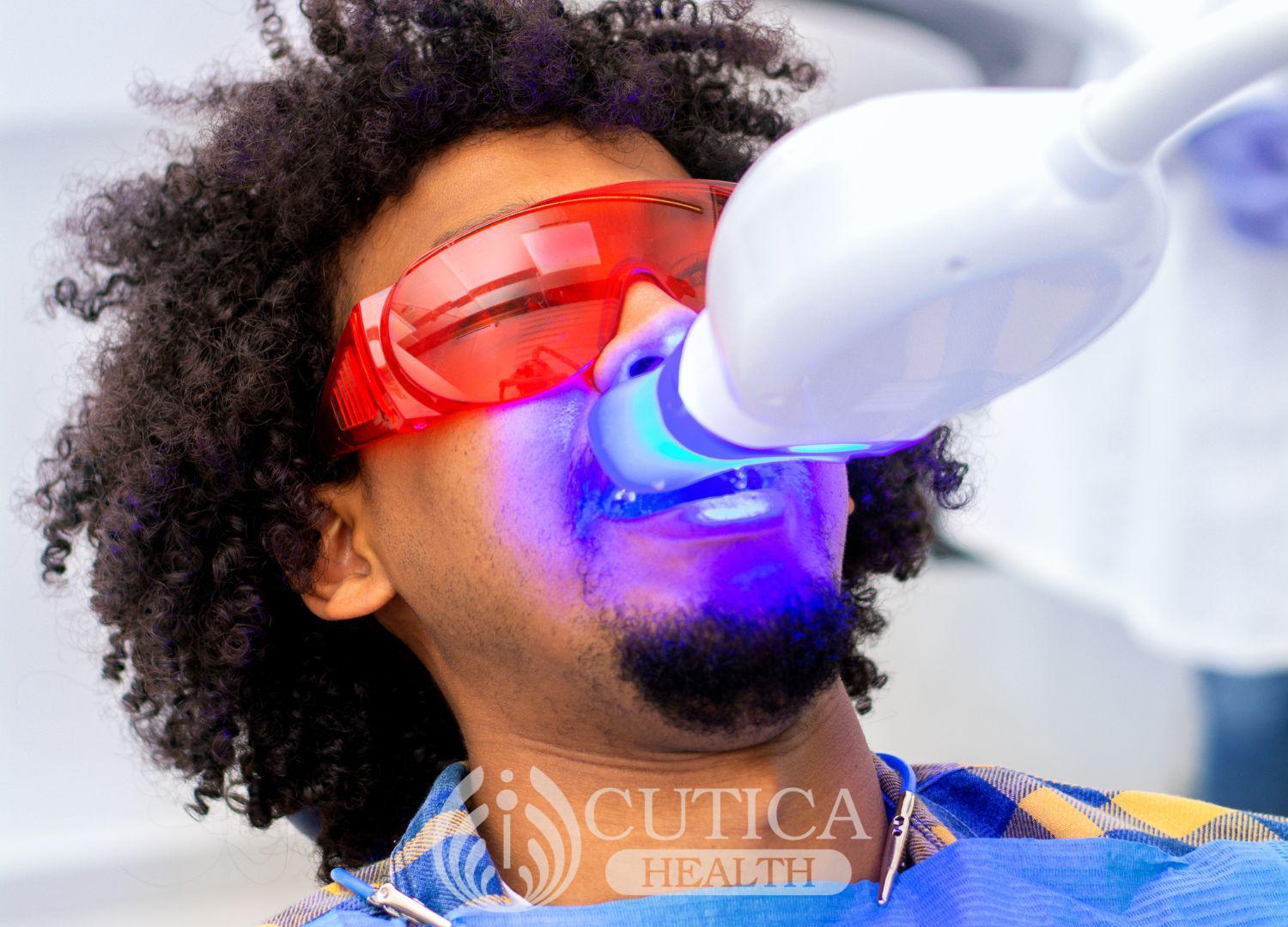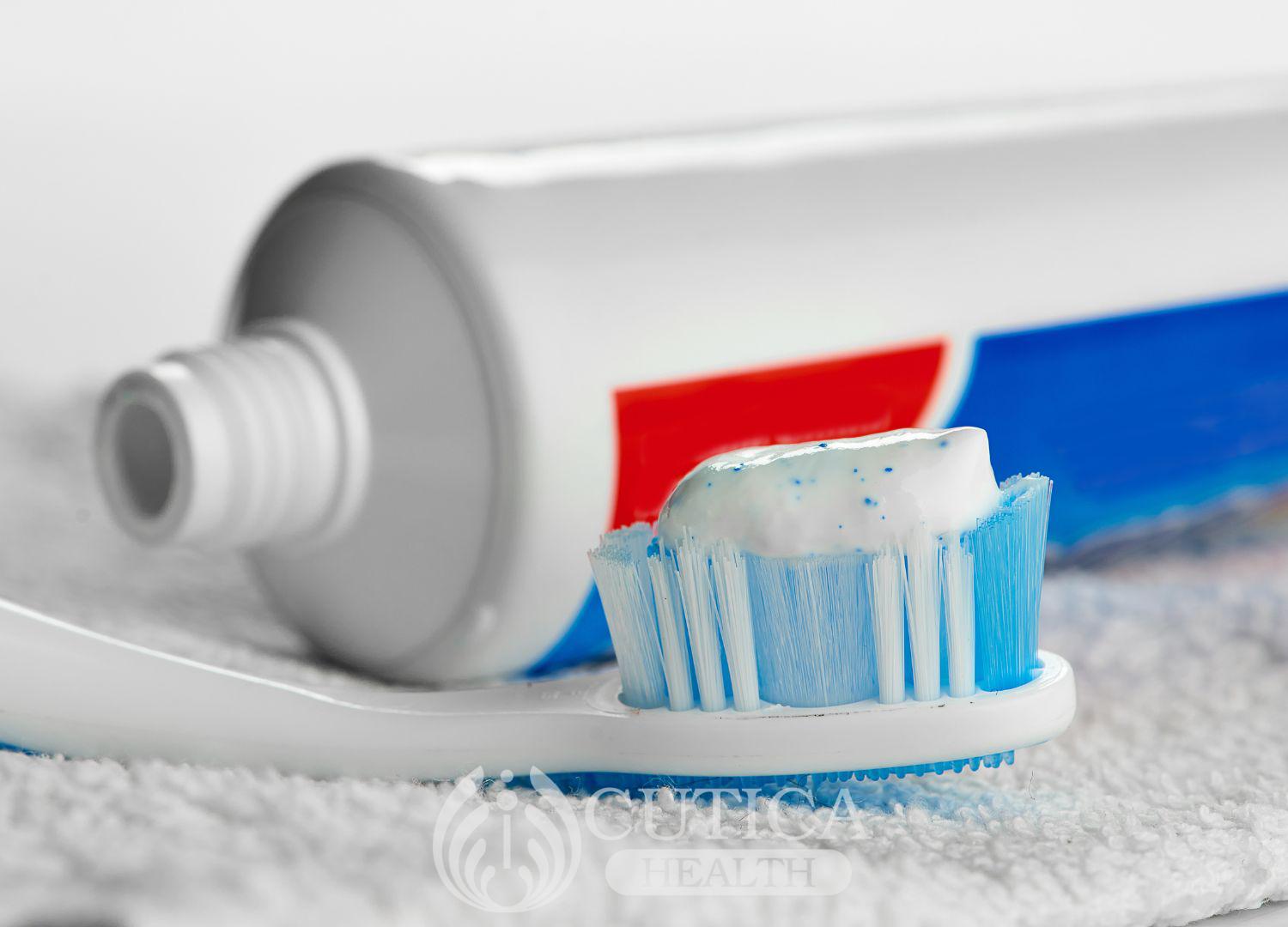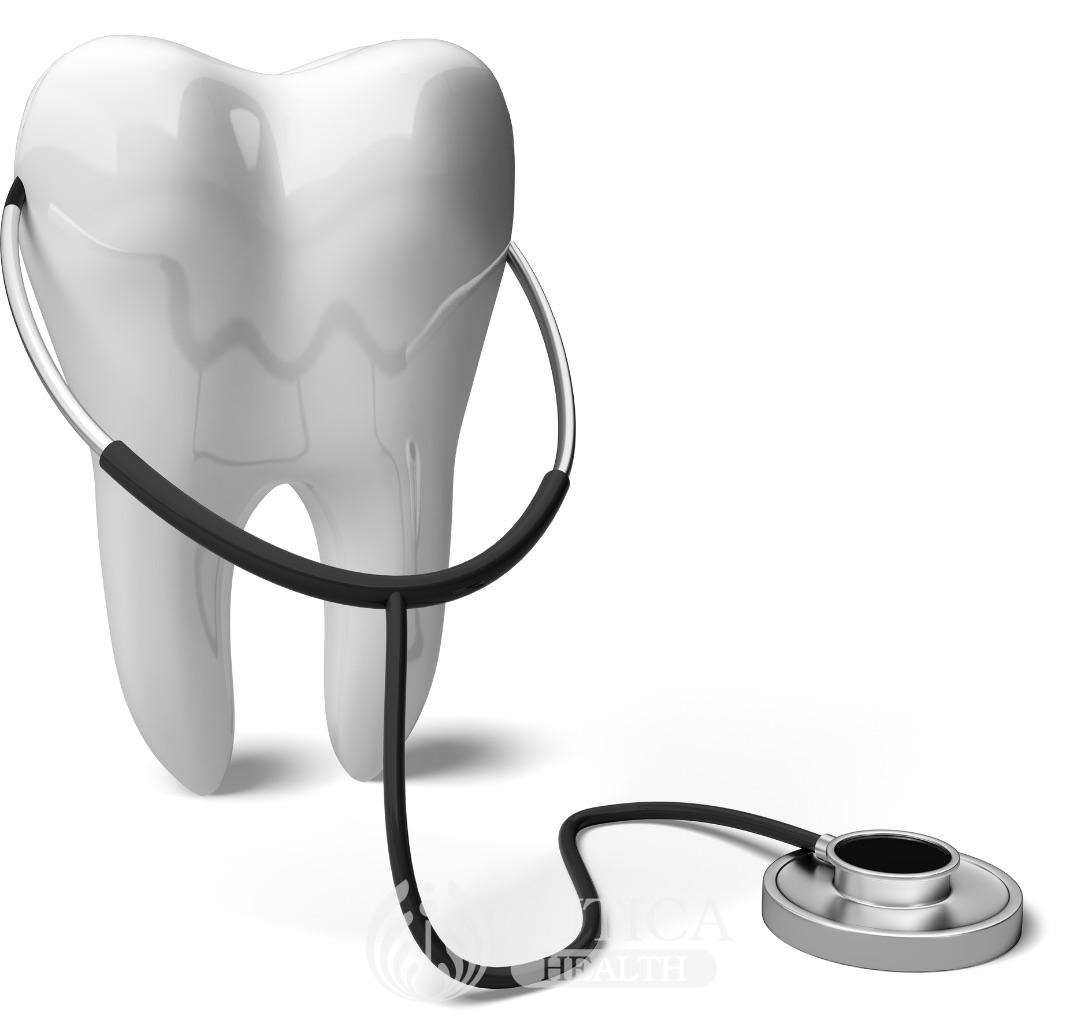
Mary had always dreamt of being a big movie star. With long flowing hair, bright eyes, and red-stained lips, she certainly looked the part. But the brownish line which ran across her teeth kept getting between her and the big screen.
This wasn’t a problem for her initially since she grew up in a small town and most people had similar teeth. However, moving to the big city in pursuit of a better career came with its challenges.
She was constantly plagued with questions like, “What’s that stain on your teeth” or “You should try brushing more often”, but none came close to the pain she felt when she got rejected for a movie role because “her teeth were a distraction”.
This reality check made her seek help to improve the appearance of her teeth.
Causes of discoloured teeth
Some factors which are responsible for having discoloured teeth are:
- Ageing
The older you get, the thinner the outer layer of your teeth (Enamel) becomes, revealing the yellowish dentin layer beneath it.
- Certain food substances
Foods and drinks which have pigments in high quantity can also stain the teeth. Examples of these are blueberries, coffee, red wine and pomegranates.
- Tobacco Use
Among the harmful substances contained in tobacco are nicotine and tar. Nicotine causes yellowish discolouration of the teeth while tar darkens it. Both are, however, difficult to remove.
- Injury to the teeth
Trauma to the teeth can also lead to a colour change as the dentin layer beneath increases in thickness in an attempt at repair. This becomes more visible through the translucent enamel, giving the teeth a yellowish appearance.
- Side effects of some medications
Some medications can alter the colour of your teeth as a rare side effect. These include some antipsychotics, antihistamines, and some antihypertensive medications. 
What You Should Know about Teeth Whitening
1. Your teeth colour is genetically pre-determined
The colour of your teeth, like your eyes, is determined through the genes you inherit from your parents and cannot be drastically altered by whitening them. The procedure only helps to remove stains that have accumulated on your teeth over the years.
2. Your teeth can absorb things
The enamel is said to be the hardest substance in the body, but it is also lined with pores that permit the entry and exit of substances. This is how your teeth get stained and also get whitened.
3. Whitened Teeth do not last a lifetime
Every good thing has an end, and so do whitened teeth, that is unless they are touched-up during professional sessions. To get long-lasting results, the procedure should be repeated as advised by your dentist.
4. Multiple sessions are required
Whitening your teeth requires consistency, especially in heavily stained teeth; do not expect sparkling white teeth after a single session. The stains took some years to accumulate and would also require a couple of sessions for them to be removed.
5. Experiencing sensitivity after the procedure is common
Due to the dehydration that the procedure causes, the nerves in your teeth are exposed to temperature changes that result in sensitivity. This is normal and you may continue to experience tooth sensitivity for about 36 hours after the procedure. 
6. Ensure you’re a good candidate
Not everybody should have their teeth whitened. If you have gum disease, teeth sensitivity, or still have baby teeth in your mouth, you should avoid the procedure. Pregnant or lactating mothers should seek professional advice before undergoing the procedure.
7. Take proper care of your whitened teeth
You should avoid substances that stain the teeth to lengthen the effects of teeth whitening. Stop tobacco use and consult your dentist on the necessary dietary change you need so as not to get your teeth stained.












